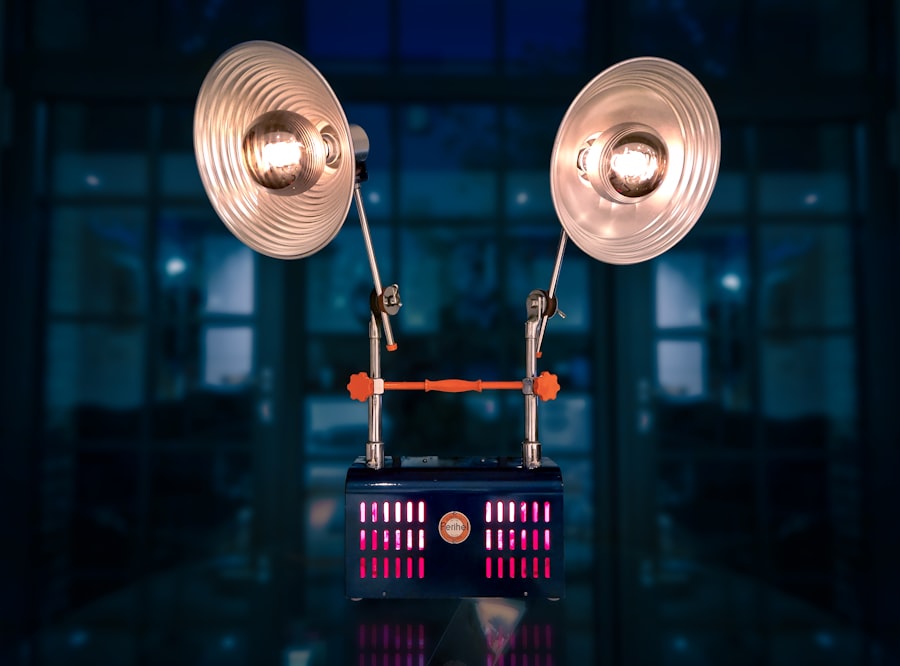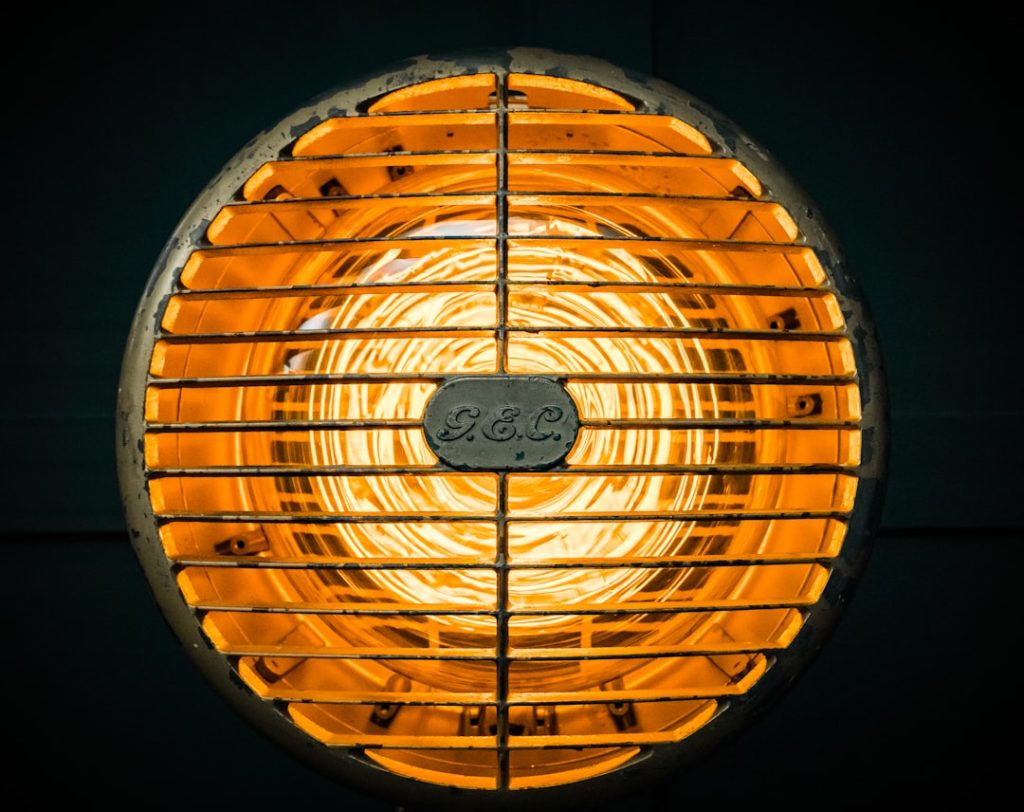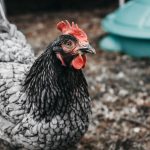Chickens have specific requirements for optimal health and well-being, particularly during winter. These include warmth, shelter from harsh weather, and access to adequate nutrition and water. Cold temperatures can lead to frostbite and respiratory problems in chickens if proper care is not provided.
Different chicken breeds exhibit varying levels of cold tolerance, and factors such as age also influence a bird’s ability to withstand winter conditions. Older chickens and young chicks are generally more vulnerable to cold and may require additional care. Chickens possess natural adaptations to cold, such as insulating feathers that help regulate body temperature.
However, extreme cold can still be detrimental to their health. A dry, draft-free environment is essential for chickens during winter, along with access to fresh air and sunlight for overall well-being. The specific climate and weather patterns in a given location will determine the level of care required for chickens during winter months.
Understanding these needs enables chicken keepers to make informed decisions about flock management and ensure the birds’ comfort and safety throughout the cold season.
Table of Contents
- 1 Providing Adequate Shelter and Insulation
- 2 Using Heat Lamps and Heating Pads
- 3 Ensuring Proper Ventilation
- 4 Offering Warm Bedding and Nesting Materials
- 5 Providing Nutritious and Calorie-Dense Feed
- 6 Monitoring and Adjusting for Individual Chicken Needs
- 7 FAQs
- 7.1 What are the best ways to keep chickens warm in the winter time?
- 7.2 How can I insulate my chicken coop for the winter?
- 7.3 Is it safe to use heat lamps or heaters in a chicken coop?
- 7.4 What type of bedding is best for keeping chickens warm in the winter?
- 7.5 Why is ventilation important in a chicken coop during the winter?
Key Takeaways
- Chickens need extra care in winter to stay healthy and comfortable
- Adequate shelter and insulation are essential to protect chickens from cold temperatures
- Heat lamps and heating pads can provide additional warmth in the coop
- Proper ventilation is crucial to prevent moisture buildup and maintain air quality
- Warm bedding and nesting materials help chickens stay cozy and insulated
- Nutritious and calorie-dense feed is important to help chickens maintain their body temperature
- Monitoring individual chicken needs and adjusting care accordingly is key to ensuring their well-being in winter
Providing Adequate Shelter and Insulation
Providing Adequate Shelter and Insulation
One of the most critical aspects of caring for chickens in winter is providing them with a well-constructed and insulated coop. This shelter should protect chickens from harsh weather conditions and retain heat while allowing for proper ventilation. Insulation can be added to the walls, ceiling, and floor of the coop to maintain a comfortable temperature inside.
Preventing Drafts and Moisture
Sealing any gaps or cracks in the coop is crucial to prevent drafts and keep the interior warm. It’s also essential to ensure that the coop is dry, as moisture can contribute to cold stress and respiratory issues in chickens. By keeping the coop dry and well-ventilated, you can create a healthy environment for your flock.
Ensuring Space and Comfort
In addition to insulation, providing sufficient space for your chickens is vital for their well-being in winter. Overcrowding can lead to increased moisture and ammonia levels in the coop, negatively impacting the health of the chickens. Ensuring each chicken has enough space to move around comfortably will help reduce stress and promote better overall health. Providing roosting bars for the chickens to perch on will keep them off the cold ground and help them conserve body heat.
Using Heat Lamps and Heating Pads

In some cases, especially in regions with extremely cold temperatures, additional heat sources may be necessary to keep chickens warm during winter. Heat lamps and heating pads can be used to provide supplemental warmth in the coop. Heat lamps should be installed at a safe distance from any flammable materials and secured in a way that prevents them from falling or being knocked over by the chickens.
It’s important to use heat lamps specifically designed for use with animals, as they are equipped with safety features to reduce the risk of fire or injury. Heating pads can also be placed under nesting boxes or in specific areas of the coop to provide warmth for the chickens. When using heat lamps or heating pads, it’s essential to monitor them regularly to ensure they are functioning properly and not causing any hazards.
Overheating can be just as dangerous as cold temperatures for chickens, so it’s important to strike a balance and provide just enough warmth without overheating the coop. Additionally, it’s crucial to have a backup plan in case of power outages or malfunctions with heat sources. By using heat lamps and heating pads responsibly, you can provide your chickens with the extra warmth they need to stay healthy and comfortable during the winter.
Ensuring Proper Ventilation
Proper ventilation is essential for maintaining a healthy environment for chickens in winter. While it may seem counterintuitive, adequate ventilation is crucial for preventing moisture buildup and maintaining air quality in the coop. Moisture from chicken droppings, waterers, and respiration can accumulate in the coop, leading to damp conditions that are conducive to mold growth and respiratory issues in chickens.
Proper ventilation helps remove excess moisture and ammonia from the air while allowing fresh air to circulate throughout the coop. To ensure proper ventilation, consider installing vents or windows that can be opened and closed as needed to regulate airflow. It’s important to strike a balance between maintaining a draft-free environment and allowing for adequate air exchange.
Ventilation should be positioned in a way that prevents direct drafts on the chickens while still allowing for proper airflow. Regularly inspecting and cleaning vents or windows will help ensure that they are functioning effectively. By ensuring proper ventilation in the coop, you can create a healthier environment for your chickens and reduce the risk of respiratory issues during the winter months.
Offering Warm Bedding and Nesting Materials
Providing warm bedding and nesting materials is essential for keeping chickens comfortable and insulated during winter. Straw, hay, or wood shavings can be used as bedding material to provide a soft and warm surface for the chickens to rest on. Bedding should be kept clean and dry, as damp bedding can contribute to cold stress and respiratory issues in chickens.
Additionally, providing nesting materials such as straw or shredded paper will help keep eggs warm and protected from the cold. Regularly replacing soiled bedding and adding fresh nesting materials will help maintain a clean and cozy environment for the chickens. It’s important to ensure that bedding is deep enough to provide adequate insulation from the cold ground.
By offering warm bedding and nesting materials, you can create a comfortable and inviting space for your chickens to rest and lay eggs during the winter months.
Providing Nutritious and Calorie-Dense Feed

Energy Needs During Cold Weather
Nutritious and calorie-dense feed is essential for supporting the energy needs of chickens during winter. As temperatures drop, chickens require more energy to maintain their body temperature and stay warm. Feeding a high-quality layer feed that is specifically formulated for winter conditions will help provide essential nutrients and calories for your flock.
Supplemental Treats for Extra Energy
Additionally, offering supplemental treats such as scratch grains or mealworms can provide extra energy for chickens during colder weather. It’s important to monitor the body condition of your chickens throughout winter and adjust their feed accordingly. Thin or underweight chickens may require additional feed to support their energy needs, while overweight chickens may need their feed intake regulated to prevent obesity.
Fresh Water for Proper Digestion
Providing access to fresh water is also crucial for supporting proper digestion and overall health in chickens during winter. By providing nutritious and calorie-dense feed, you can help ensure that your chickens have the energy they need to stay healthy and warm during the winter months.
Monitoring and Adjusting for Individual Chicken Needs
Each chicken has unique needs and preferences, so it’s important to monitor their behavior and adjust care accordingly during winter. Some chickens may be more sensitive to cold temperatures or have health issues that require extra attention. Monitoring individual chickens for signs of cold stress, such as huddling together or appearing lethargic, can help you identify any specific needs that may need to be addressed.
Additionally, older chickens or young chicks may require special care during winter due to their increased vulnerability to cold temperatures. Providing separate areas with additional warmth or insulation for these individuals can help ensure their comfort and well-being. Regularly observing your flock and making adjustments based on their individual needs will help you provide personalized care that supports their health during winter.
In conclusion, understanding the needs of chickens in winter is essential for providing them with a safe and comfortable environment. By providing adequate shelter and insulation, using heat lamps and heating pads responsibly, ensuring proper ventilation, offering warm bedding and nesting materials, providing nutritious and calorie-dense feed, and monitoring individual chicken needs, you can help your flock thrive during the colder months. Taking proactive measures to care for your chickens during winter will not only support their health and well-being but also strengthen your bond with your flock as a responsible caretaker.
If you’re looking for tips on how to keep chickens warm in the winter time, you might also be interested in learning about what to feed your geese. Check out this article on whether geese can eat chicken feed for more information on how to properly care for your poultry.
FAQs
What are the best ways to keep chickens warm in the winter time?
Some of the best ways to keep chickens warm in the winter time include providing a well-insulated coop, using heat lamps or heaters, providing extra bedding, and ensuring good ventilation.
How can I insulate my chicken coop for the winter?
You can insulate your chicken coop for the winter by adding insulation to the walls, ceiling, and floor. You can also use draft excluders and weather stripping to seal any gaps or cracks.
Is it safe to use heat lamps or heaters in a chicken coop?
It is safe to use heat lamps or heaters in a chicken coop as long as they are installed properly and used according to the manufacturer’s instructions. It is important to use heat lamps or heaters specifically designed for use in a coop and to keep them away from flammable materials.
What type of bedding is best for keeping chickens warm in the winter?
The best type of bedding for keeping chickens warm in the winter is straw or wood shavings. These materials provide good insulation and help to keep the coop dry.
Why is ventilation important in a chicken coop during the winter?
Ventilation is important in a chicken coop during the winter to prevent the buildup of moisture, which can lead to respiratory problems for the chickens. Good ventilation also helps to regulate the temperature and keep the coop fresh.
Meet Walter, the feathered-friend fanatic of Florida! Nestled in the sunshine state, Walter struts through life with his feathered companions, clucking his way to happiness. With a coop that’s fancier than a five-star hotel, he’s the Don Juan of the chicken world. When he’s not teaching his hens to do the cha-cha, you’ll find him in a heated debate with his prized rooster, Sir Clucks-a-Lot. Walter’s poultry passion is no yolk; he’s the sunny-side-up guy you never knew you needed in your flock of friends!







